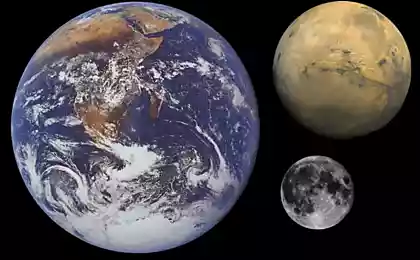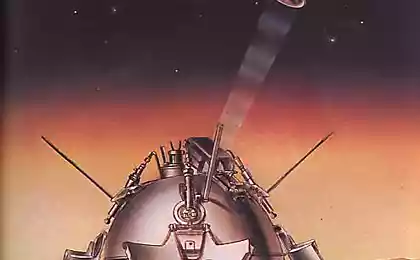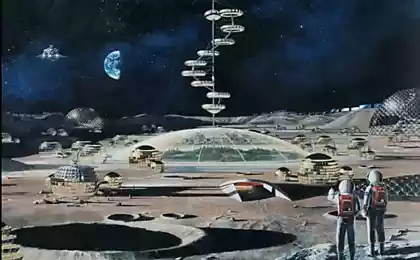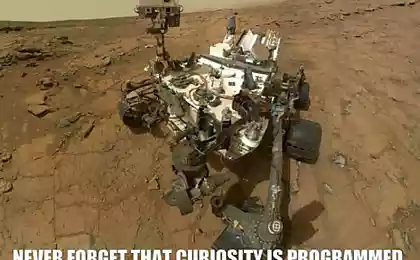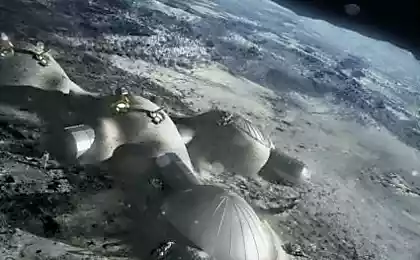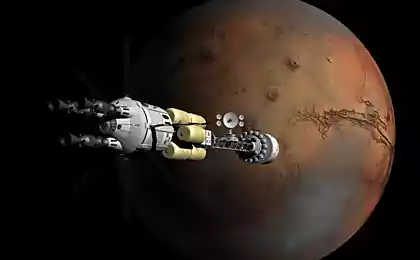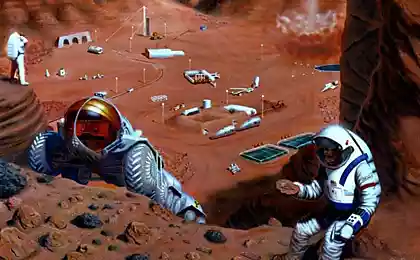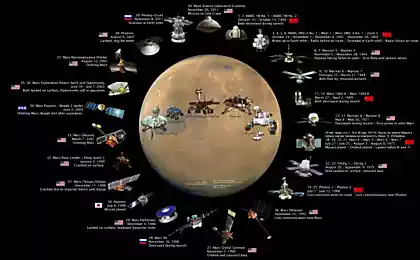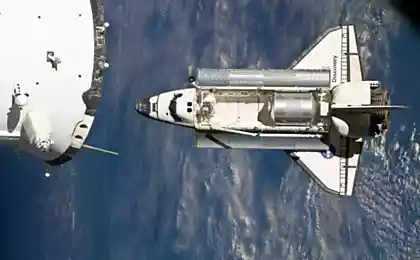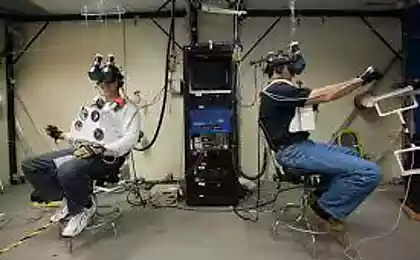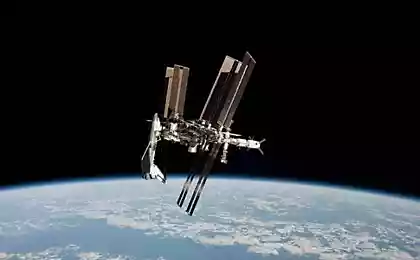769
Free science. NASA's scientific work laid out in the open access
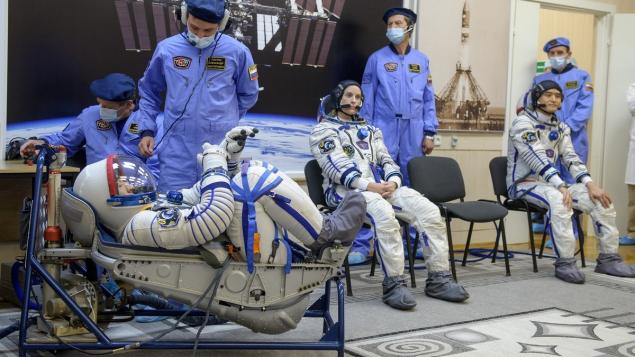
NASA launched a web portal PubSpace, which published in the open access of almost all of their research, funded by the government (that is, at the expense of taxpayers). If the company has paid for the research, the results should be freely available to all, reasoned in the administration.
"We are pleased to NASA the opportunity to expand access to our extensive portfolio of scientific and technical publications, - said the deputy head of NASA Dava Newman (Dava Newman). - We invite the international community to join us in the Earth study, airspace and
space. " PubSpace - archive of original articles from scientific journals, which are exempt from the toll firewalls and accessible without any payment. Articles can be read, analyze data and accompanying download free. Each article is available including PDF.
According to NASA rules the publication of scientific articles in the public domain, put a scientific article on the portal are obliged to all the authors whose work is at least partially funded by NASA, and if the scientific article accepted for publication in a scientific journal, after April 7, 2008. Such a right, but not the obligation, there are authors who have received funding or financing zakyuchili contract with NASA after October 1, 2015.
In addition, NASA has opened a portal for developers and Data Portal has published documentation on using the program interface (API) and code snippets for creating applications and visualization of published data sets.
Access to scientific articles organized by the US Department of Manuscripts publishing system for health and social services. This portal is organized in 2000 for the publication of the full texts in the first place, the scientific work of medical topics, the most important to the community. Over time, other thematic research portals, including PubSpace were formed on the basis of the portal PubMed.
The portal is not published all the scientific work of NASA. An exception is made for research related to US national security. Probably publish banned superiors.
But even without this work on many interesting PubSpace. For example, a study of the 120-meter tsunami in ancient Martian ocean that changed the landscape of Mars. Or study the effectiveness of exercise in space as a result of long-term presence of astronauts on the International Space Station. But statistics on higher mortality astronauts who participated in the lunar program "Apollo" from diseases of the cardiovascular system. Study of mass redistribution on the Earth's surface in relation to climate change.
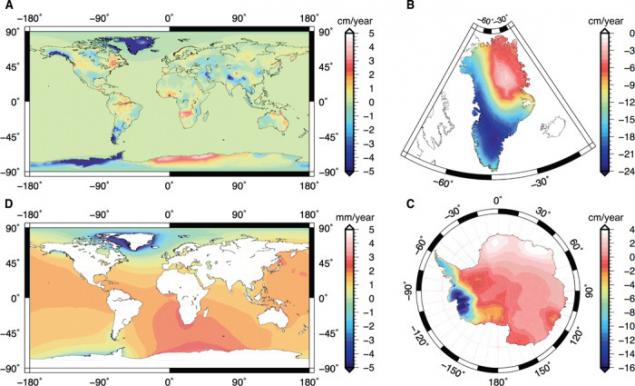
redistribution of mass on the surface of the Earth in relation to climate change from April 2002 to March 2015
The study, a diet of dried plums protects against loss of bone material under the influence of ionizing radiation. This work can be useful not only for astronauts but also for other people who are exposed to radiation therapy or continuously consume foods that contain higher doses of cesium-137.
Here is a recent article on the organisms that can live on Titan.
In general, there is really a lot of interesting.
NASA studies devoted to earth sciences and space materials science, computer science and electronics, the study of different types of fuel, telecommunications, security systems and human health. At the moment, the portal published 863 scientific works.
NASA believes that open access to scientific publications is essential for a better dissemination of the results of fundamental scientific research that contributes to scientific progress and future prosperity of mankind. "Facilitating access to our data, will greatly expand the impact of our research, - said the chief of NASA researcher Ellen Stofan (Ellen Stofan). - As scientists and engineers, we build our work standing on the shoulders of predecessors »
. Portal PubSpace started after a government request for the Office of the scientific and technical policy of the USA, which in 2013 asked the Agency to develop a plan to expand public access to research results, funded from the federal budget. NASA will continue to work in this direction and promises to report on improving access to these works in the future.
Publication of scientific papers in the public domain - a good decision by NASA, which goes perfectly in line with recent developments in the scientific community. The authors of scientific papers typically seek to ensure that their scientific article was both more accessible to colleagues as possible, but this is prevented by scientific publishers that sell subscriptions to scientific journals for as low as $ 2000 for $ 35,000. In May 2016 the EU ministers responsible for science and innovation, adopted a draft European initiative Innovation Principle, which finally put an end to the monopoly of magazines on scientific knowledge. Under the new agreements, in 2020 the results of European research, carried out at public expense, will be obliged to give all the best in free access. "Research and innovation generate economic growth, more jobs and offer solutions to social problems", - he said then Secretary of State, the Netherlands, Sander Dekker (Sander Dekker)
. Source: geektimes.ru/post/279674/
The authorities do not know how to regulate the economy, based on equal partnership of citizens
And the last trump vіn ...

